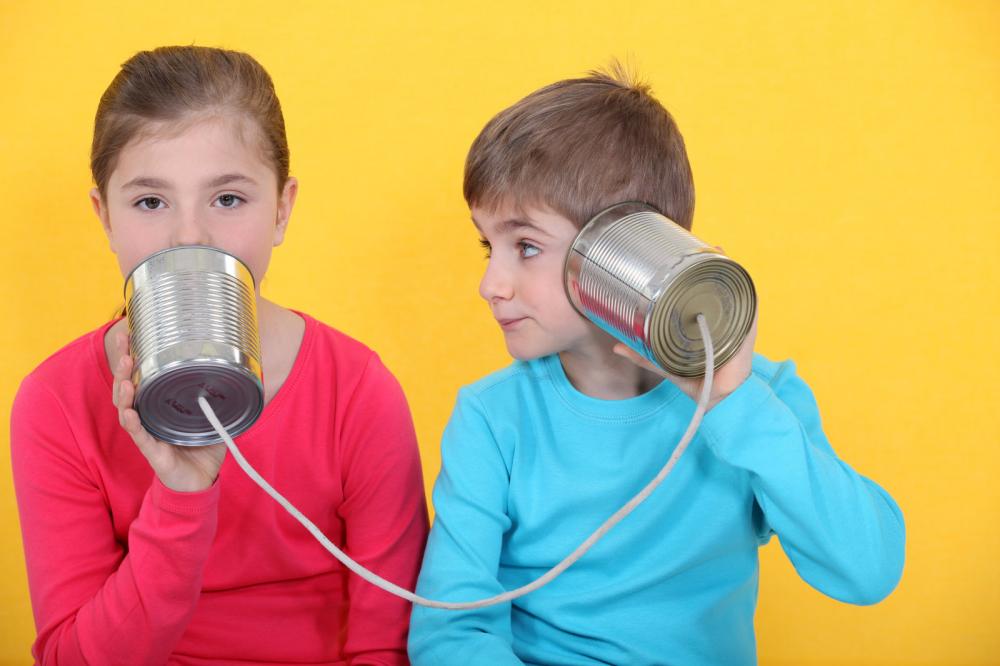How to Progress Faster to Language Fluency?
 For most of us who are learning a foreign language, speaking fluently is the ultimate goal. Having a conversation in a foreign language, being able to express feelings and ideas, voicing opinions – all are proof that you have reached a new plateau.
For most of us who are learning a foreign language, speaking fluently is the ultimate goal. Having a conversation in a foreign language, being able to express feelings and ideas, voicing opinions – all are proof that you have reached a new plateau.
Your accent may not be perfect, but you now have the confidence to express what you want to say. And even if you can't find the absolutely right idiom or expression every time – you now have also other ways to say what's on your mind.
Practice Tips
In a previous post How to Gain Confidence in Speaking and Writing a Foreign Language, we suggested how learners from the “beginner” to the “advanced” level could hone their skills, especially when they are learning a language online and on their own at home.
There is no question that the so-called passive skills – reading and listening – are important for achieving fluency. And yes, having a good vocabulary is necessary as well.
However, my own experience also tells me that even when you can read a foreign language and understand it fairly well when it's spoken, SPEAKING it fluently is another step.
Online- vs Classroom-Learning
One of the big drawbacks of online learning is that learners can do so silently. You may do all the exercises, but few online programs “force” you to speak out loud.
(We, at GamesforLanguage, in addition to the “Record-It” segment at the end of each lesson, also invite learners to “Say-it”, i.e. repeat words and phrases they only HEAR, and then briefly SEE spelled out. You can try “Say-It” with one of our German or French Quick Language Games.)
On the other hand, in the classroom, and especially with a one-on-one tutor, you typically have to speak, formulate answers to questions, etc. (The size of a class obviously matters greatly here.)
For beginners, repeating and saying words and phrases aloud, or reading out loud is an important first step.
Especially with languages that have sounds that don't exist in English, getting your “mouth mechanics” working correctly is another crucial task. (Benny Lewis - see below - may disagree!)
From Hearing to Speaking
HEARING and then REPRODUCING sounds that are different from our native language are not an easy task. Just think of the French nasal sounds, the German “umlauts,” or the many subtle sounds of the Asian languages.
 Now, we also know that our ability to HEAR sounds that don't exist in our native language diminishes from early childhood on. (This was the topic of a previous post: Beyond Learning a Language Like a Child, in which we discussed the concept of “Categorical Perception.”)
Now, we also know that our ability to HEAR sounds that don't exist in our native language diminishes from early childhood on. (This was the topic of a previous post: Beyond Learning a Language Like a Child, in which we discussed the concept of “Categorical Perception.”)
So, the challenge, especially for all online-learners is this: SPEAK as much as you can, repeat ALOUD the words, phrases and sentences of all the exercises or games you are doing. And once you are able to start reading articles and books, read these out loud as well whenever you can. (And when this is not possible, try “reading aloud silently,” by just moving your lips!)
The sooner you feel ready to participate in real-life conversations, the faster your fluency will improve.
Try to find someone in your neighborhood or among your friends to practice your new language with. But if you can't, you can join language communities such as italki, where you can find an online teacher for personal language lessons and conversations.
The Benny Lewis Method
Maybe not everybody can muster the time or commitment that Benny Lewis promotes with Fluent in 3 Months. But if you watch his clip and consider the points above, you will conclude as well:
To become fluent in your target language, start SPEAKING it whenever you can - right from the start!
Creating a habit is not easy – but the start of a new year is a great opportunity to set some goals. Make 2016 YOUR year to become fluent in your target language!
Disclosure: Some links above are to sites with revenue-sharing, should you decide to buy or subscribe.
